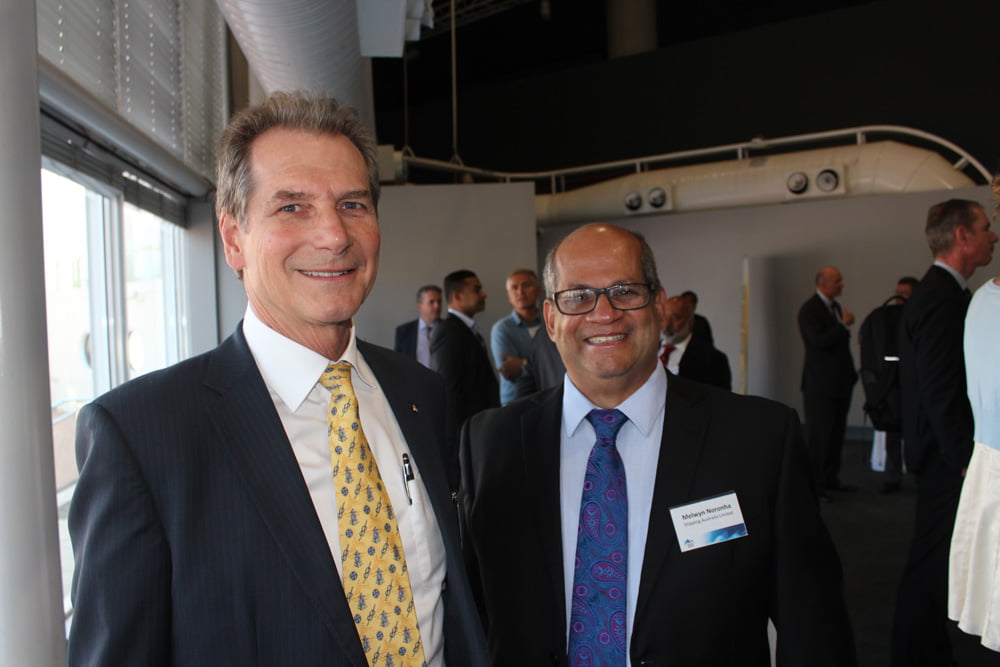INTERNATIONAL shipping giants Hapag-Lloyd and Ocean Network Express have confirmed they will join TradeLens, a blockchain-enabled digital shipping platform developed by A.P. Moller – Maersk and IBM.
Hapag-Lloyd and ONE, the world’s fifth and sixth largest carriers, join CMA CGM and MSC Mediterranean Shipping Company, both of which recently announced they are joining TradeLens.
Hapag-Lloyd managing director information technology, Martin Gnass, said expanding digital collaboration was critical to the evolution of container shipping.
“TradeLens has made significant progress in launching a much-needed transformation in the industry, including its partnership model,” Mr Gnass said.
“Now, with five of the world’s six largest carriers committed to the platform, not to mention many other ecosystem participants, we can collectively accelerate that transformation to provide greater trust, transparency and collaboration across supply chains and help promote global trade.”
ONE managing director corporate and innovation, Noriaki Yamaga, said this approach helped promote open standards and open governance.
“The opportunities to drive greater innovation across the shipping supply chain are enormous and we are excited about the opportunity to provide our leadership and insight to help the platform continue to evolve,” Mr Yamaga said.
TradeLens was launched to help modernise international supply chain ecosystems.
A.P. Moller – Maersk chief commercial officer Vincent Clerc said the addition of more leading carriers to TradeLens would help global supply chain customers expand.
“As a neutral industry platform, TradeLens offers supply chain visibility, ease of documentation and the potential of introducing new products on top of the platform,” he said.
IBM senior vice president for global industries, Bridget van Kralingen, said blockchain solutions were delivering proven value across business processes.

“Massive new efficiencies in global trade are now possible and we’re seeing similar effects across the food industry, mining, trade finance, banking and other industries where the value of blockchain is more apparent than ever before,” Ms van Kralingen said.
Shipping Australia deputy chief executive Melwyn Noronha said SAL “strongly supports” digital collaboration.
“Early this year the world’s largest lines established the Digital Container Shipping Association to focus on improving open standards, digitalisation and interoperability,” Mr Noronha said.
“The TradeLens platform is one implementation of these concepts and has already gained the support of most of the DCSA members.
“Maersk’s recent Digital Ocean Customs Clearance Platform in Europe, is another example where the shipping industry provides a ‘one-stop-shop’ for handling all export and import declarations to ensure that goods are entering and exiting ports legally, thereby reducing delays, potential customs issues and the number of intermediaries involved.”
In the Australian context, Mr Noronha said SAL urged all parties to be part of the digitalisation era and adopt common standards to promote efficient movement of goods.

